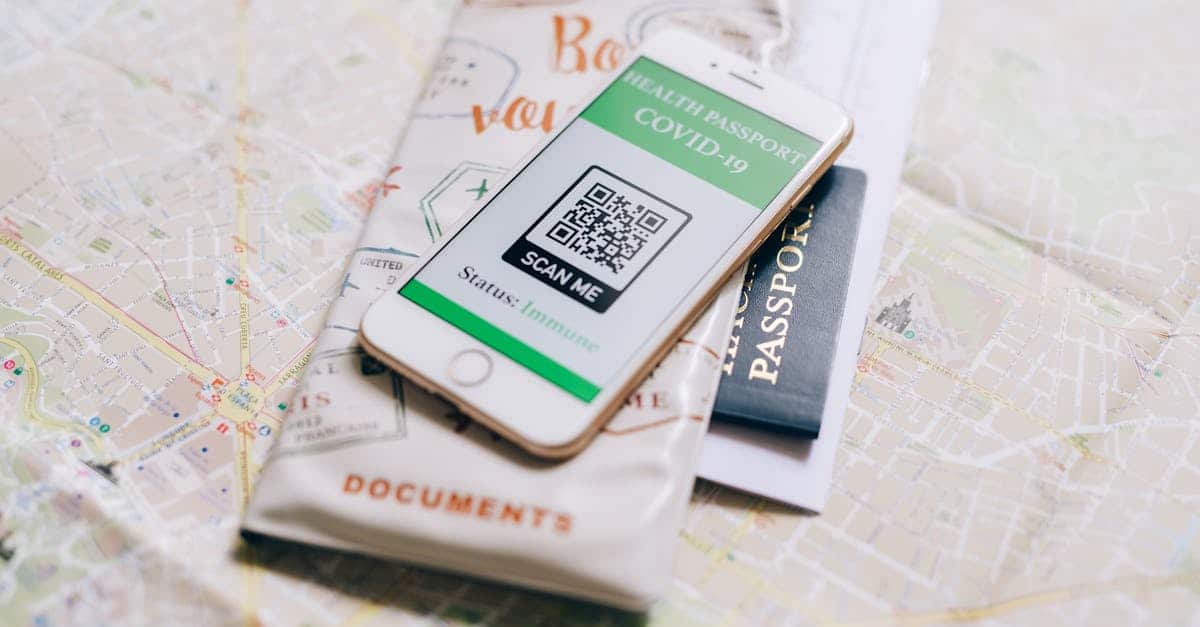
Introduction
Secure remote closings are no longer optional — they’re essential. Managing remote real estate transactions exposes teams to fraud risk, regulatory scrutiny, and costly delays: IDs need verification, disclosures must be signed and preserved with an immutable audit trail, and escrow/payment steps must only occur when conditions are met. By combining contract automation with embedded ID verification, KYC checks, chain-of-custody tracking, and tight operational controls, teams can convert a fragmented closing process into a single, auditable workflow. The sections that follow walk through practical patterns — from automated document sequencing and KYC gating to integrations with e-sign and escrow platforms and secure, time-limited access controls — so HR, compliance, and legal professionals can run compliant, efficient remote closings.
Workflow for Fully Remote Closings: Linking Disclosures, IDs, and Payment/Escrow Steps
Contract automation simplifies the complex process of remote real estate closings by connecting disclosures, identity verification, and payments or escrow actions into a seamless digital workflow. Using modern escrow agreement templates and contract lifecycle automation tools, you can move from disclosure signing to secure payment steps without manual intervention.
- Document Sequence: The workflow can be set up to automatically trigger next steps—such as linking a brokerage agreement or disclosure—after completion of the prior phase.
- Payment Integration: Automated escrow steps ensure funds are transferred only after certain conditions (like signed disclosures and ID verification) are met.
Embedding Identity Verification and KYC Checks into Disclosure Signing Workflows
Embedding identity checks directly into contract drafting software is key for compliance and fraud prevention. Legal contract automation solutions now feature built-in Know Your Customer (KYC) processes, allowing for real-time verification of parties before documents are signed.
- Remote ID & KYC: When a user accesses a residential lease agreement, contract management software prompts them to submit IDs and supporting docs. Automation tools then validate this data against trusted sources.
- Best Practices: Ensure the contract automation platform supports KYC vendor integrations and can enforce KYC completion as a prerequisite to signing.
Ensuring Chain-of-Custody and Immutable Audit Trails for Signed Disclosures
Chain-of-custody and audit trails are essential for both compliance and dispute resolution. Contract automation software maintains immutable records of every action within the contract lifecycle—from document creation, through e-signature, to disclosure storage.
- Audit Features: Advanced CLM software attaches time stamps, user IDs, and action logs for each workflow event.
- Security: Audit logs are encrypted and stored securely, preventing manipulation or unauthorized deletion.
- Example: After signing a real estate letter of intent, the platform records every step—helpful for compliance audits or legal review.
Integrations: E-sign Providers, Identity Vendors, Escrow/Closing Platforms and CLM
For true contract lifecycle management, integrations make a significant difference. The best contract automation tools connect seamlessly with e-signature providers (like DocuSign), identity verification platforms, escrow payment systems, and core contract management software. This enables automated contract negotiation, real-time contract analytics, and unified contract lifecycle workflows.
- Key Integrations: Look for solutions that support API connections to popular e-sign vendors and KYC services, with the ability to initiate payments or escrow steps automatically.
- Platform Compatibility: Ensure your CLM software can receive and synchronize data with escrow platforms and legal contract automation systems for streamlined remote closings.
Operational Controls: Access Permissions, Time-Limited Links, and Secure Storage for Disclosure Records
Operational controls built into contract automation systems help businesses maintain security and compliance. These include granular access permissions, time-based restrictions, and encrypted document storage.
- Access Permissions: Role-based controls within contract management software allow HR or compliance teams to limit who can view or edit disclosures.
- Time-Limited Links: Automatically expiring access links for sensitive documents safeguard against unauthorized downloads after closing.
- Secure Storage: All signed records are stored in encrypted vaults supporting retention policies and legal hold requirements.
Summary
Secure remote closings are most effective when disclosures, ID verification, KYC gating, escrow steps, and immutable audit trails are stitched together into a single, auditable workflow. For HR and legal teams, this means fewer manual handoffs, clearer access controls, and stronger chain-of-custody records that simplify compliance and reduce operational risk. By adopting contract automation with built-in identity, e-sign, and escrow integrations, organizations can close faster, defend against fraud, and retain defensible records. Learn more or get started at https://formtify.app.
FAQs
What is contract automation?
Contract automation uses templates, rules, and workflows to generate, route, and execute contracts with minimal manual effort. It typically combines pre-approved clause libraries, automated sequencing, and integrations (like e-sign and identity verification) so documents are consistent, auditable, and faster to complete.
How does contract automation work?
Contract automation works by using templates and decision logic to populate documents, then triggering sequential steps—such as KYC checks, e-signature requests, and escrow actions—based on workflow rules. Integrations with identity vendors, e-sign providers, and escrow platforms allow the system to gate progress until required checks are completed.
What are the benefits of contract automation?
Benefits include faster turnaround, reduced errors, stronger compliance through enforced workflows, and comprehensive audit trails for dispute resolution. For HR and legal teams, it also centralizes control over permissions and retention policies, lowering operational risk and administrative overhead.
Is contract automation secure and legally compliant?
Most mature contract automation platforms support strong security measures—encryption, role-based access, time-limited links, and immutable audit logs—and integrate with compliant e-sign and KYC vendors. Legal compliance depends on correct configuration and choosing vendors that meet applicable standards (for example, e-signature laws and KYC/regulatory requirements).
How much does contract automation cost?
Pricing varies widely: options include per-user subscriptions, per-transaction fees, or enterprise licensing with integration costs for identity and escrow services. Evaluate total cost of ownership by factoring in implementation, integration, and the potential time and risk savings the solution delivers.





